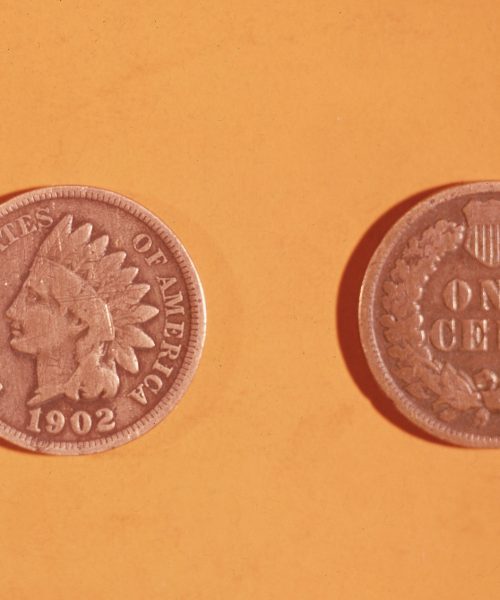You may wash your clothes with hot water—many people do. That could be a mistake. Modern washing machines, and modern laundry detergent, are designed to work well at cold temperatures. This means you could save a lot of energy, and money, by running most loads with cold water.
This isn’t to say that you should never use hot water. Hot water works best when you need to sanitize something. Cloth diapers, medical scrubs, or clothes worn by sick family members are best cleaned with hot water. The same goes for anything covered with bodily fluids or grease. With those exceptions aside, though, cold water works better than you’d think. Here’s why.
Detergent is increasingly designed for cold water
You might think that hot water is simply better at washing clothes than cold, but that’s not necessarily true anymore. Modern detergent offers a blend of enzymes that are purposely designed to target different kinds of dirt and grease. Those enzymes, it turns out, work better in some ways at cold temperatures.
This has been confirmed by a variety of organizations that test laundry machines. Consumer Reports testing shows that “detergents have gotten much better at putting enzymes to work in removing dirt and stains at lower water temperatures, and are less effective at higher temperatures.” Wirecutter also recommends cold water washing, noting that the enzymes in modern detergent work less well in hot water.
The companies that make detergent also recommend cold water. P&G, which makes both the Tide and Ariel brands of detergent, is actively campaigning for people to use cold water, pointing to how well their modern formulas work in chillier water conditions.
It’s worth stating that this is all relatively new. If you found cold water less effective at cleaning back a few decades ago, it’s worth tying again now—things have changed. Reporting by Craig Bettenhausen for Chemical & Engineering News really breaks down the chemistry in detail, so be sure to read that if you want to learn more.
You can save energy (and money)
Washing machines don’t use a lot of energy…unless you’re running them on hot. Heating water takes a lot of energy, and energy costs money. According to GE Appliances, “90 percent of the energy used by a washing machine to clean a large load in hot water is used to heat the water.” That’s energy usage you can avoid entirely by cleaning your laundry in cold water.
That additional energy use costs real money. A report by The Cleaning Institute estimates that the electricity cost of a load of laundry is 38 cents for a hot load compared to just three cents for a load on cold. If you do four loads of laundry a week, as many families do at least, that adds up to $72.80 a year.
Your clothes will last longer
Another benefit of washing your clothes in cold water: it means less wear and tear. Hot water is rough on clothes, which means your favorite outfits will fall apart faster. This is why Levis recommends washing jeans in cold water—it can increase the lifespan of your jeans (Levis also recommends wearing your jeans multiple times before washing and air drying instead of using the dryer for the same reason.)
Jeans are likely among the most durable pieces of clothing you own, too. Gentle fabrics, including linens, have always been best washed in cold water—check the tags if you don’t believe me.
This might be the reason you sort your laundry, washing the same things in hot water and others in cold. I’m here to tell you that you don’t need to do that anymore: you can just wash everything in cold water and call it a day. It doesn’t just save energy—it saves you time.






